Photo by Spencer Davis on Unsplash
The fear of getting criticised is something we're familiar with - but the fear less talked about is "the fear of insufficient applause".
Hesitating to make a public appearance, post something online or simply say something in a meeting? The obvious diagnosis for what might be behind such hesitation is "fear of criticism" - but sometimes it’s a bit more subtle than that.
What if what's putting you off is simply imagining that others might not warm to what you're about to say?
Why does expecting a lukewarm reception give us pause?
Social animals
Right from birth, we need to exert influence over others. This is true for all social animals. An infant raised by its parents or relatives needs to know that when it calls, someone will respond. The absence of a response indicates abandonment.
For humans, this need to feel that we have influence, that we won't be ignored, continues right through childhood, the teenage years, and into adulthood.
We need others to give us their attention, to listen and to care.
For humans, this need to feel that we have influence, that we won't be ignored, continues right through childhood, the teenage years, and into adulthood.
We need others to give us their attention, to listen and to care.
It’s how we know we matter.
When we feel that what we do and what we bring is valuable to others, that it's appreciated by others, we have a sense of belonging, we feel that we're doing well, we feel a sense of thriving.

Photo by Christine Roy on Unsplash
Two currencies
In the modern age, the world shows and tells us that what we’re saying and doing matters through
- the currency of money
- the currency of enthusiasm
In practice, enthusiasm often comes before money. Someone needs to feel enthusiastic about hiring us for a job before they’re willing to offer to pay us for it.
It’s intriguing that without enthusiasm (we could call it Currency No 1), even money can begin to pall. Think of getting paid for a job that you no longer feel enthusiasm for - or where your contribution is not met with warm appreciation and enthusiasm by others. The payment may become insufficient enticement to keep us showing up with our best.
Conversely, people are often willing to undertake tremendous hardships and face deprivations (without necessarily great pay!) if their efforts receive enthusiastic support from their community. Some of the great early Arctic explorers described feeling a boost from knowing that their countrymen were cheering for them. They could feel this surge of extra energy even from afar, even at the opposite end of the globe.
Conversely, people are often willing to undertake tremendous hardships and face deprivations (without necessarily great pay!) if their efforts receive enthusiastic support from their community. Some of the great early Arctic explorers described feeling a boost from knowing that their countrymen were cheering for them. They could feel this surge of extra energy even from afar, even at the opposite end of the globe.
Protecting your social capital
Whenever we stand up and ask for others’ attention, we’re putting some of our social capital on the line.
If our community show us that they find our contribution valuable (e.g. by enthusiastic applause), our social standing will go up. On the other hand, if we claim people's attention and they fail to respond with enthusiasm, it's as if we've "spent" some of our social capital without gaining anything in return.
There's an old English phrase that encapsulates this experience: "damning with faint praise".
If our community show us that they find our contribution valuable (e.g. by enthusiastic applause), our social standing will go up. On the other hand, if we claim people's attention and they fail to respond with enthusiasm, it's as if we've "spent" some of our social capital without gaining anything in return.
There's an old English phrase that encapsulates this experience: "damning with faint praise".
Is it any surprise that our instinct to protect our social capital prompts us to only speak when we feel confident of a warm response?

Photo by Kyle Glenn on Unsplash
Options ahead
How can you support yourself if you're experiencing the dampening effect of imagining a less-than-enthusiastic response?
A few points to consider here:
A few points to consider here:
- Your intuitive estimate of how people are likely to receive something is a great source of intel. If you suspect people might not get what you're thinking of sharing with them, perhaps this isn't the best time for this? Or you might want to tweak how you frame or phrase it?
- You might decide that it's worth saying, even if you don't expect that people will warm to it. You can make this choice and know that you're drawing on your courage, not on the expectation on others' approval.
- Get your imagination to play on your side. If you need to give your courage a boost, you can deliberately spend time imagining people cheering you with ecstatic applause.
- Arrange for a few enthusiastic supporters to be present to support you. It's a time-honoured tactic because it works!
Have you experienced hesitation because of faint praise?
How did you deal with it?
How did you deal with it?


